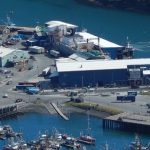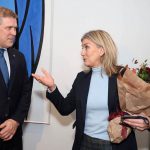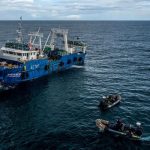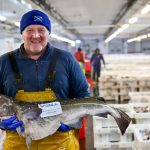Dutch fisherman Louwe de Boer is part of a small group of pioneers abandoning traditional, wasteful methods and embracing innovation as a means of protecting their livelihoods. He said that going for innovation is the only way to survive. He told that he has spent two million euros (about 2.8 million dollars) three years ago on new nets that slashed his bycatch — animals caught unintentionally and discarded — “to just a few percent”.
It is found that bycatch comprises more than half the yield of traditional trawler fishing, while De Boer’s new, twin rig nets are also gentler on the ecologically sensitive North Sea bed. De Boer told that it is better to innovate before being forced onto your knees by the consumer. Ekofish, a company owned by De Boer and his five brothers, has just obtained official credentials from the Marine Stewardship Council (MSC) to certify that its fish are caught in a sustainable way — the first such award to plaice fishers in the Netherlands.
According to De Boer his new fishing methods enabled him to offer a better quality product, adding that demand for fish with a sustainable tag was sky-rocketing among consumers with an increasingly environmentally friendly palate. He sells to wholesalers in Austria, France, Germany, Sweden and Switzerland. Commenting on his new nets whose larger grid reduces drag De Boer said that fuel consumption has dropped by 70 percent. Also, it simply makes sense to protect the resource from which you hope to continue making a living.
It is found that WWF is pushing for this type of “selective” fishing gear to become compulsory for European fisheries. WWF says traditional “bottom trawling” created more than 80 percent of discards in the world’s seas, at a rate of millions of fish per year.








